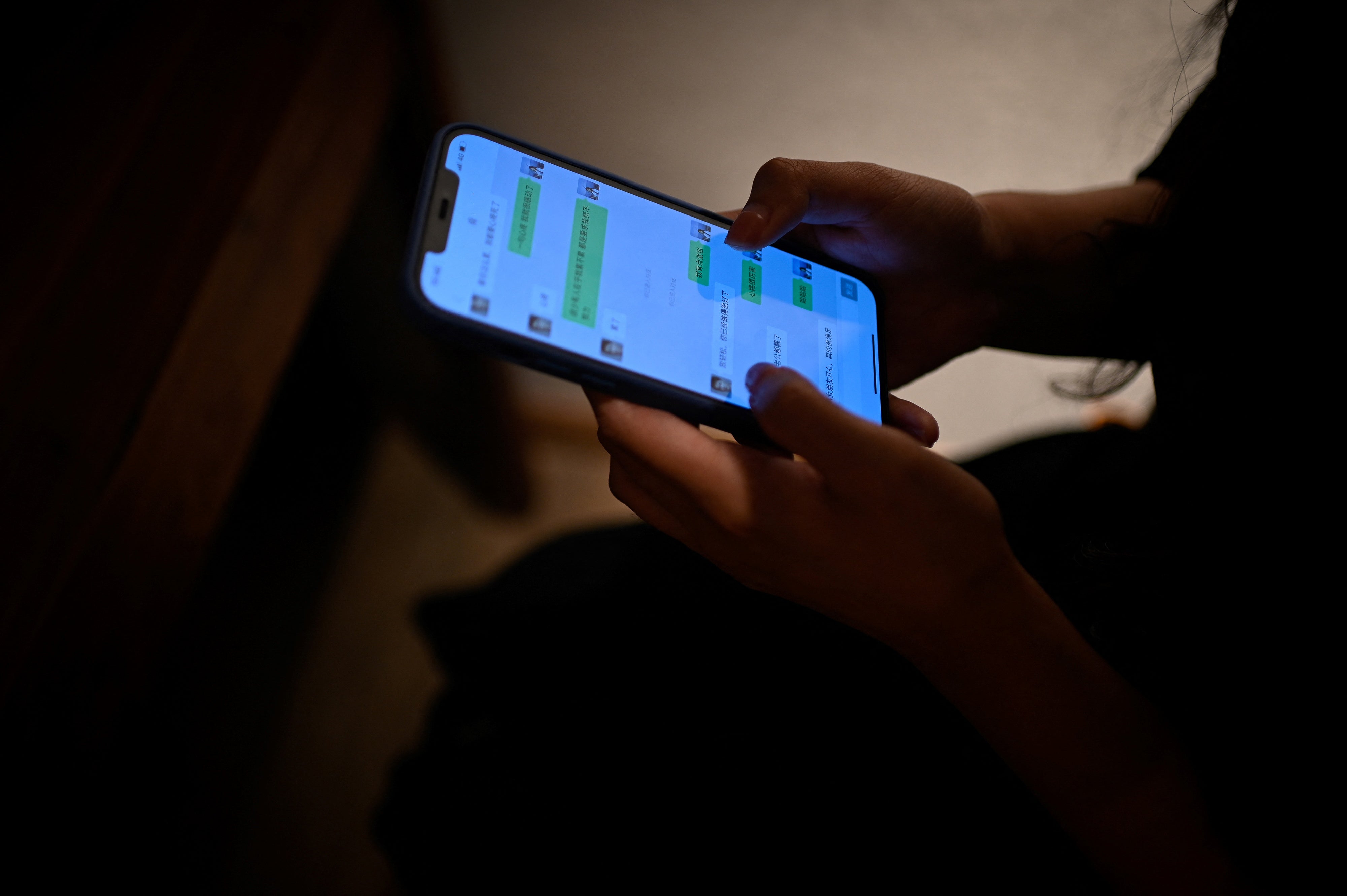Scientists release findings from major study into internet and mental health – with surprising conclusion
‘Any sweeping claims about the negative impact of the internet globally should be treated with a very high level of scepticism,’ says scientist

Your support helps us to tell the story
From reproductive rights to climate change to Big Tech, The Independent is on the ground when the story is developing. Whether it's investigating the financials of Elon Musk's pro-Trump PAC or producing our latest documentary, 'The A Word', which shines a light on the American women fighting for reproductive rights, we know how important it is to parse out the facts from the messaging.
At such a critical moment in US history, we need reporters on the ground. Your donation allows us to keep sending journalists to speak to both sides of the story.
The Independent is trusted by Americans across the entire political spectrum. And unlike many other quality news outlets, we choose not to lock Americans out of our reporting and analysis with paywalls. We believe quality journalism should be available to everyone, paid for by those who can afford it.
Your support makes all the difference.There is no clear link between mobile phones and the internet and a negative impact on mental wellbeing, the authors of a major new study have found.
Researchers took data on two million people aged between 15 and 89, from 168 countries. While they found that negative and positive experiences had both increased, they found little evidence that was the result of the prevalence of the internet.
The results from the major study, led by the Oxford Internet Institute, contradict widespread speculation that the internet – and especially its widespread availability through mobile devices – has damaged mental wellbeing.
The researchers said that if the link between internet use and poor health were as universal and robust as many think, they would have found it.
However, the study did not look at social media use, and although the data included some young people, the researchers did not analyse how long people spent online.
Professor Andrew Przybylski, of the Oxford Internet Institute and Assistant Professor Matti Vuorre, Tilburg University and Research Associate, Oxford Internet Institute, carried out the research into home and mobile broadband use.
Prof Przybylski, said: “We looked very hard for a ‘smoking gun’ linking technology and wellbeing and we didn’t find it.”
He added: “The popular idea that the internet and mobile phones have a blanket negative effect on wellbeing and mental health is not likely to be accurate.
“It is indeed possible that there are smaller and more important things going on, but any sweeping claims about the negative impact of the internet globally should be treated with a very high level of scepticism.”
Looking at the results by age group and gender did not reveal any specific patterns among internet users, including women and young girls.
Instead, the study, which looked at data for the past two decades, found that for the average country, life satisfaction increased more for females over the period.
Data from the United Kingdom was included in the study, but the researchers say there was nothing distinctive about the UK compared with other countries.
Although the study included a lot of information, the researchers say technology companies need to provide more data, if there is to be conclusive evidence of the impacts of internetuse.
They explain: “Research on the effects of internet technologies is stalled because the data most urgently needed are collected and held behind closed doors by technology companies and online platforms.
“It is crucial to study, in more detail and with more transparency from all stakeholders, data on individual adoption of and engagement with internet-based technologies.
“These data exist and are continuously analysed by global technology firms for marketing and product improvement but unfortunately are not accessible for independent research.”
For the study, published in the Clinical Psychological Science journal, the researchers looked at data on wellbeing and mental health against a country’s internet users and mobile broadband subscriptions and use, to see if internet adoption predicted psychological wellbeing.
In the second study they used data on rates of anxiety, depression and self-harm from 2000-2019 in some 200 countries.
Wellbeing was assessed using data from face-to-face and phone surveys by local interviewers, and mental health was assessed using statistical estimates of depressive disorders, anxiety disorders and self-harm in some 200 countries from 2000 to 2019.
Join our commenting forum
Join thought-provoking conversations, follow other Independent readers and see their replies
Comments